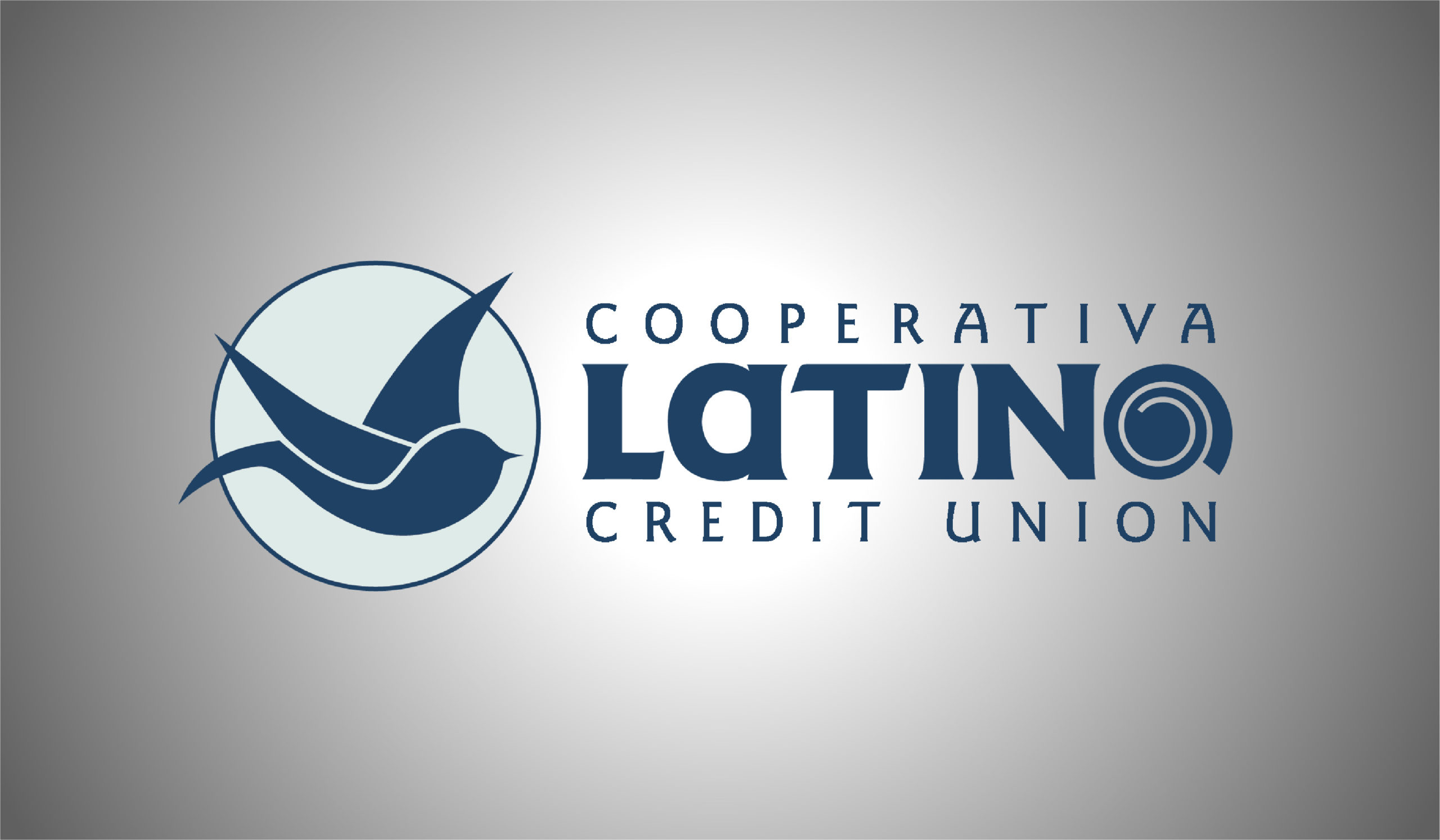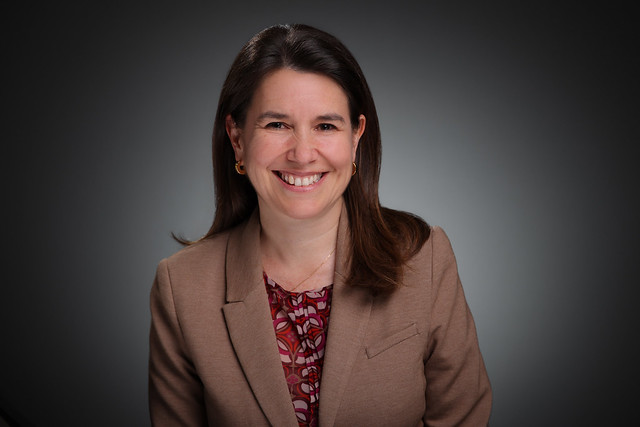This case study issued by the Latino Community Credit Union details the unique role that local credit unions play in helping anchor institutions put their assets to work locally.
The case study, titled Fulfilling the Anchor Mission and Building Community Wealth: Local Credit Unions Leverage their Assets to Build Strong Communities, showcases the Latino Community Credit Union’s unique operational capacity to partner with anchor institutions to invest locally and build community wealth. Additionally, the case study profiles a group of anchor institutions in North Carolina that are building stronger communities by aligning their investments with their values through placed-based deposits.
The case study draws on the Anchor Framework developed by the Democracy Collaborative, which defines:
- Anchor Institutions as place-based institutions that are rooted in their local community by mission, invested capital, or relationship s to customers, employees, residents, and vendors, and
- Anchor Missions as commitments by these institutions to use their resources—financial, social, intellectual, human—to build community wealth.
Community wealth building is a growing movement in which large local institutions commit their assets to create local inclusion and prosperity through expanding models of asset building and community ownership in low-income communities and communities of color.
About LCCU
La sección Latino Community Credit Union is a CDFI-certified, member-owned, full-service credit union with twelve branches across North Carolina. LCCU empowers its members to enter and thrive in the financial mainstream by providing access to ethical and low-cost financial products and education. Our 77,000 members come from 137 different countries. Before joining our credit union, 65% of our members were unbanked and 80% were low-income.


